Introduction
In the rapidly evolving world of regenerative medicine, autologous fibroblast culture expansion kits have emerged as a groundbreaking tool, enabling personalized therapeutic approaches for skin rejuvenation, wound healing, and tissue regeneration. By harnessing the patient’s own fibroblasts – the connective tissue cells responsible for producing collagen, elastin, and extracellular matrix components – these kits provide researchers, clinicians, and biotech companies with a robust platform to cultivate high-quality, patient-specific cells in a controlled laboratory environment.
Definition
Autologous Fibroblast Culture Expansion Kits are specialized laboratory kits designed to isolate, culture, and expand a patient’s own (autologous) fibroblast cells in vitro. These kits provide the necessary reagents, media and protocols to grow fibroblasts efficiently while maintaining their viability and functionality, enabling their use in personalized regenerative therapies, skin repair or cosmetic applications.
Understanding Autologous Fibroblasts
Fibroblasts are pivotal to tissue repair and homeostasis. They secrete key structural proteins and growth factors that maintain the integrity of connective tissues. Autologous fibroblasts, derived from the patient’s own tissues, offer several advantages over allogeneic or synthetic alternatives. Because they are self-derived, there is minimal risk of immune rejection or adverse reactions. This makes autologous fibroblast therapy particularly attractive for dermatological applications, including anti-aging treatments, scar reduction, and chronic wound repair.
What Are Autologous Fibroblast Culture Expansion Kits?
Autologous fibroblast culture expansion kits are complete systems designed to isolate, culture, and expand fibroblasts derived from small tissue biopsies. These kits typically include:
- Tissue dissociation reagents: Specialized enzymes and buffers to efficiently release fibroblasts from dermal tissue.
- Culture media: Optimized formulations containing essential nutrients, growth factors, and supplements tailored for fibroblast proliferation.
- Growth surfaces: Coated plates or flasks that support fibroblast adhesion and maintenance of their functional properties.
- Cryopreservation solutions: For long-term storage of fibroblasts without compromising viability.
- Standard operating protocols (SOPs): Step-by-step guidelines for cell isolation, expansion, and quality control to ensure reproducibility and safety.
These kits are engineered to simplify workflow, reduce contamination risks, and maximize expansion efficiency, allowing researchers and clinicians to generate sufficient autologous fibroblast populations for downstream applications.
Applications in Regenerative Medicine
Autologous fibroblast culture expansion kits are driving innovation in multiple therapeutic areas:
1. Skin Rejuvenation and Anti-Aging
Fibroblast-based therapies are increasingly used in dermatology to counteract signs of aging. With age, fibroblast activity declines, leading to reduced collagen production, skin thinning, and wrinkles. Expanded autologous fibroblasts can be re-injected into targeted areas to stimulate collagen synthesis and restore skin elasticity. Clinical studies have demonstrated improvements in skin texture, firmness, and overall appearance following autologous fibroblast therapy.
2. Scar Treatment
Hypertrophic scars, burns, and surgical scars can be challenging to treat using conventional methods. Autologous fibroblasts have the ability to modulate the extracellular matrix, normalize collagen deposition, and enhance tissue remodeling. By expanding patient-derived fibroblasts in culture, clinicians can create sufficient cell numbers to achieve therapeutic outcomes, improving scar appearance and function.
3. Chronic Wound Healing
Patients with chronic wounds, such as diabetic ulcers or pressure sores, often face prolonged healing times due to impaired fibroblast function. Autologous fibroblast therapy provides a direct solution by supplying active, functional fibroblasts to the wound bed. Expanded fibroblasts secrete growth factors and extracellular matrix proteins, promoting tissue regeneration and accelerating wound closure.
4. Tissue Engineering and Biofabrication
Fibroblasts are fundamental in tissue engineering, serving as the cellular backbone for constructing artificial skin, connective tissue scaffolds, and organoids. Autologous fibroblast culture expansion kits enable researchers to obtain consistent, high-quality cells for biofabrication, supporting the development of personalized tissue grafts and regenerative constructs.
Advantages of Using Culture Expansion Kits
The use of autologous fibroblast culture expansion kits provides several distinct advantages:
- Standardization: Kits ensure consistent cell isolation and expansion protocols, reducing variability between batches.
- Efficiency: Optimized reagents and media formulations accelerate fibroblast proliferation, decreasing culture time.
- Safety: Closed-system or semi-closed workflows minimize contamination risk, improving regulatory compliance.
- Scalability: Kits allow expansion of fibroblasts to clinically relevant numbers without compromising quality or functionality.
- Accessibility: Pre-packaged kits reduce the need for extensive laboratory infrastructure and technical expertise, making fibroblast therapy more accessible to clinics and research labs.
Key Considerations for Successful Use
While culture expansion kits simplify the fibroblast expansion process, there are several critical factors to ensure success:
- Tissue Quality: The source tissue should be healthy and minimally traumatized. Small biopsies from the dermis are ideal for isolating fibroblasts with high proliferative potential.
- Cell Monitoring: Regular observation of cell morphology, growth rate, and viability is essential to maintain healthy cultures.
- Sterility: Strict aseptic techniques must be followed to prevent microbial contamination, which can compromise both culture integrity and patient safety.
- Regulatory Compliance: Clinics and laboratories must adhere to Good Manufacturing Practice (GMP) standards, particularly for cells intended for therapeutic use.
- Cryopreservation: Proper storage of expanded fibroblasts is crucial for maintaining cell viability and functional activity for future applications.
Future Trends of Autologous Fibroblast Culture Expansion Kits Market
Technological Advancements: The market is expected to benefit from automation, closed-system bioreactors, and optimized culture media, improving efficiency and scalability.
Personalized Medicine Growth: Rising demand for patient-specific therapies in dermatology, wound care, and tissue engineering is driving adoption of autologous fibroblast kits.
Regulatory Support: Increasing emphasis on Good Manufacturing Practice (GMP) compliance and standardized protocols will boost market credibility and safety standards.
Collaborations & Innovations: Partnerships between biotech companies, research institutions, and healthcare providers are likely to accelerate product development and expand therapeutic applications.
Global Expansion: Emerging markets in Asia-Pacific and Latin America are showing growing interest, presenting new growth opportunities for kit manufacturers.
Growth Rate of Autologous Fibroblast Culture Expansion Kits Market
According to Data Bridge Market Research, the autologous fibroblast culture expansion kits market was estimated to be worth USD 120.00 million in 2024 and is projected to grow at a compound annual growth rate (CAGR) of 14.21% to reach USD 347.38 million by 2032.
Learn More: https://www.databridgemarketresearch.com/reports/global-autologous-fibroblast-culture-expansion-kits-market
Conclusion
Autologous fibroblast culture expansion kits are redefining the landscape of personalized regenerative medicine. By providing a standardized, efficient, and scalable method for isolating and expanding patient-derived fibroblasts, these kits empower researchers and clinicians to develop therapies for skin rejuvenation, scar treatment, chronic wound healing, and tissue engineering. With their potential to improve patient outcomes and accelerate the development of innovative therapies, autologous fibroblast culture expansion kits are poised to become a cornerstone of modern cell therapy.




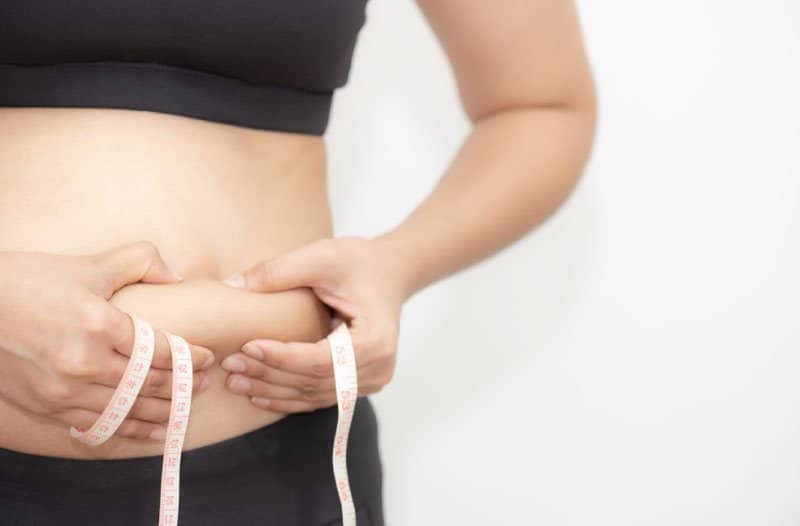
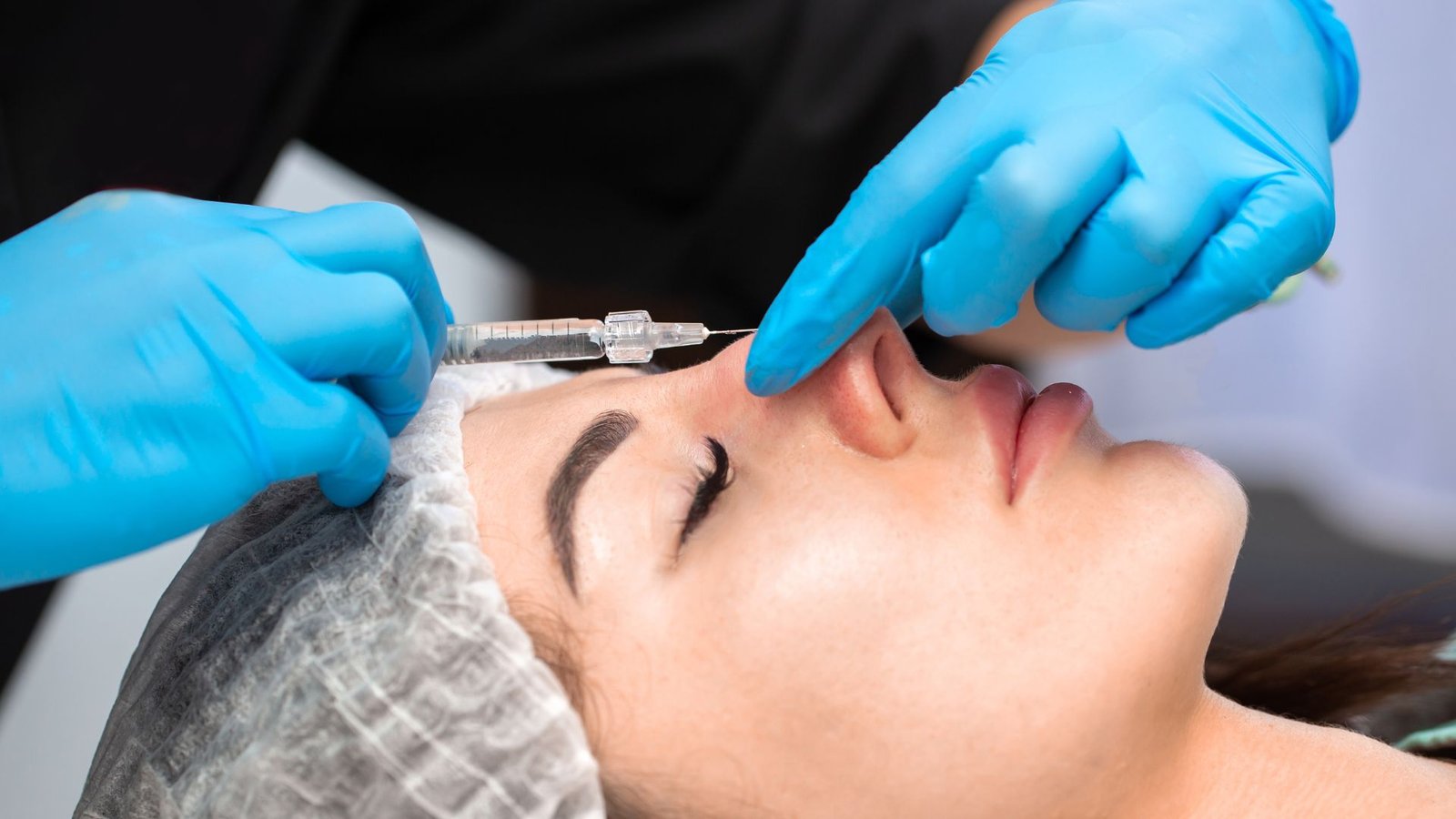
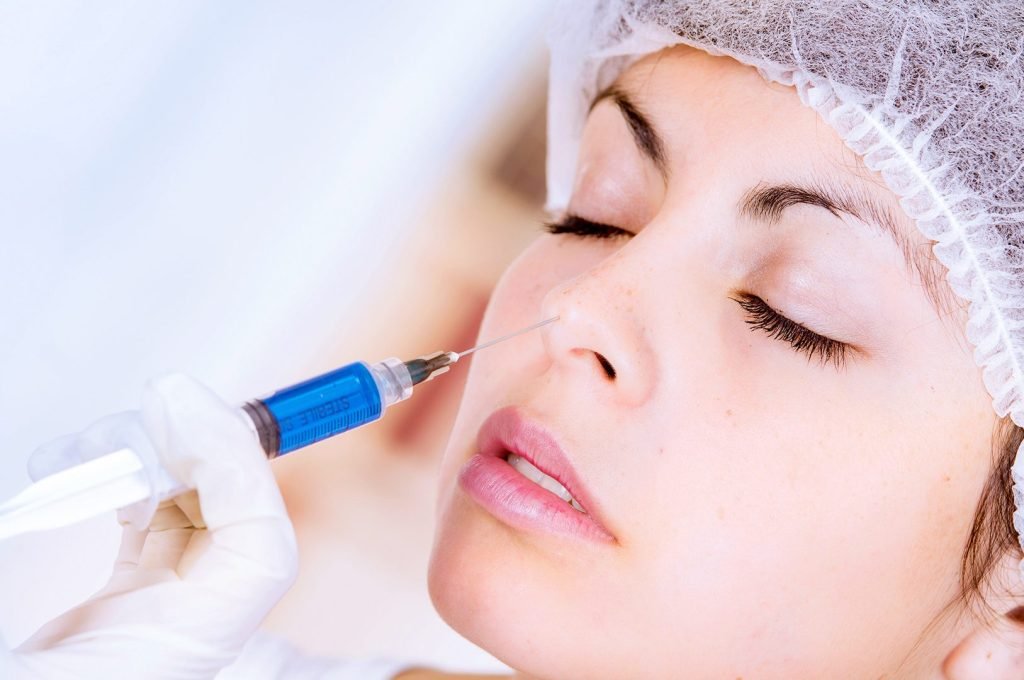
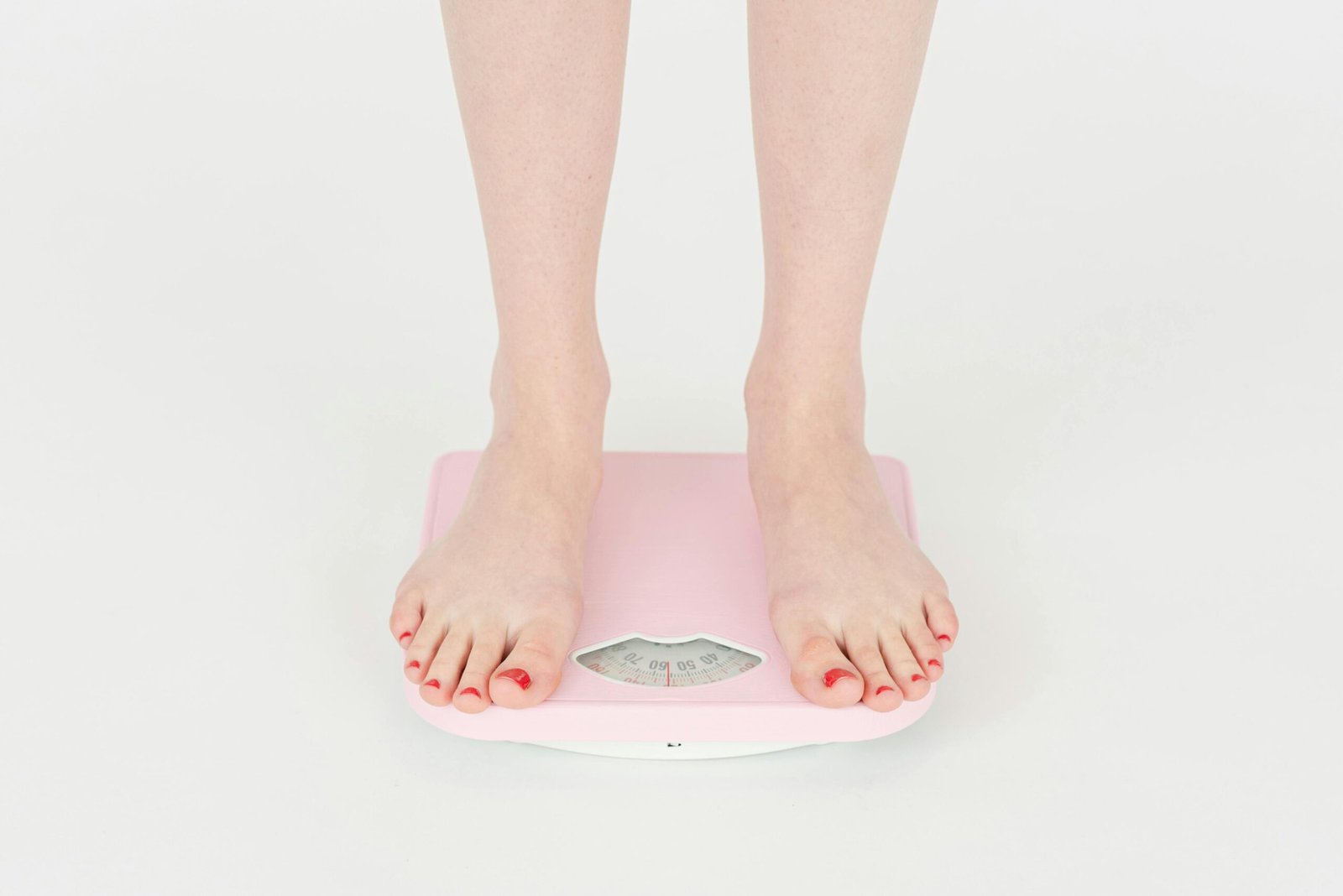
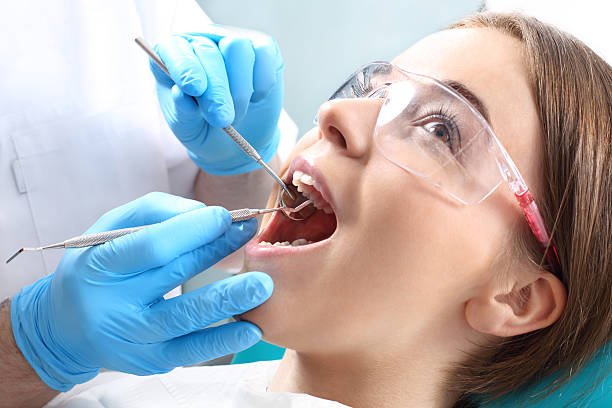
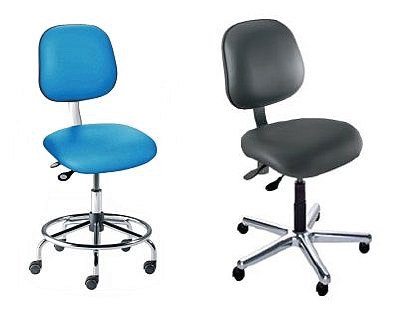
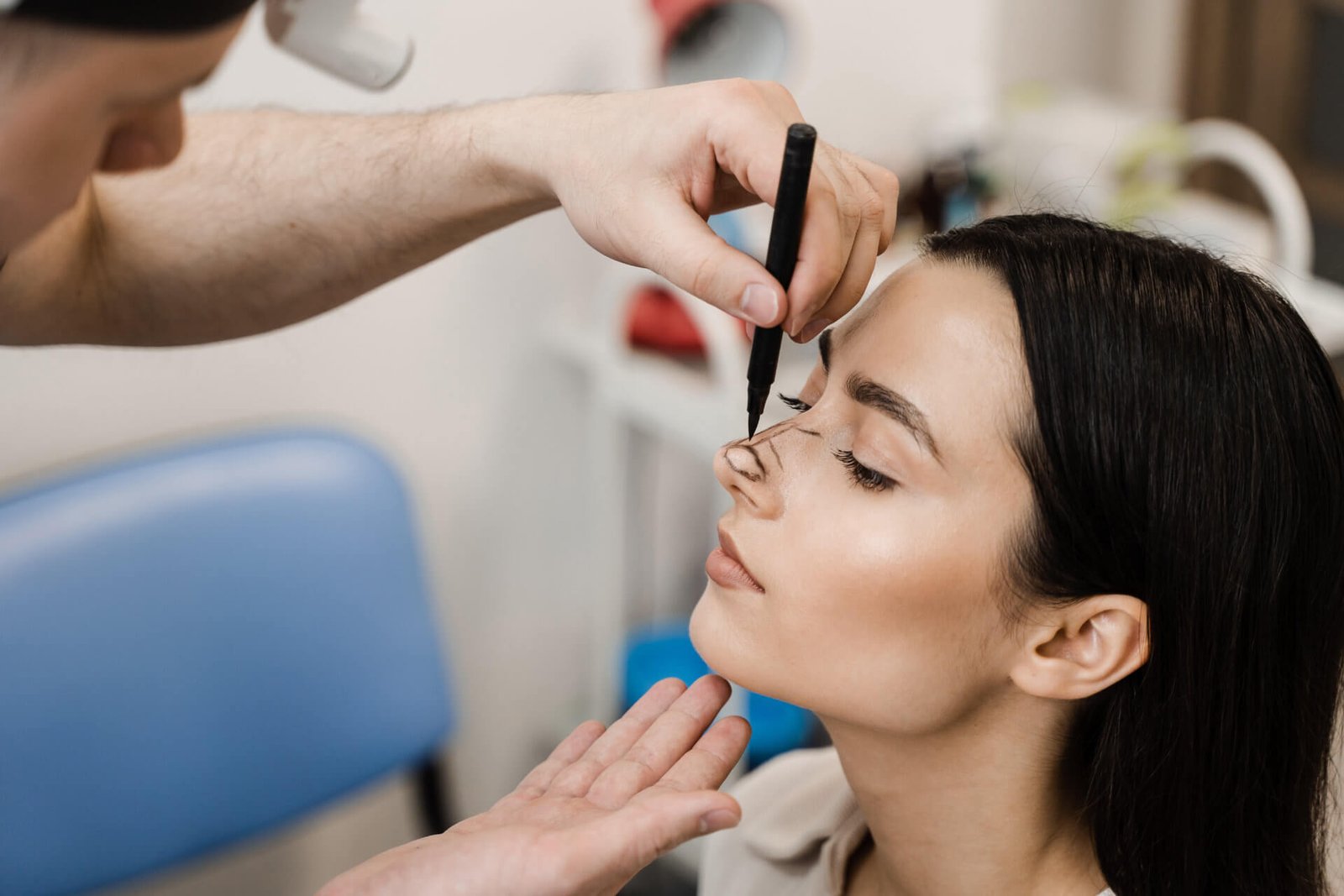
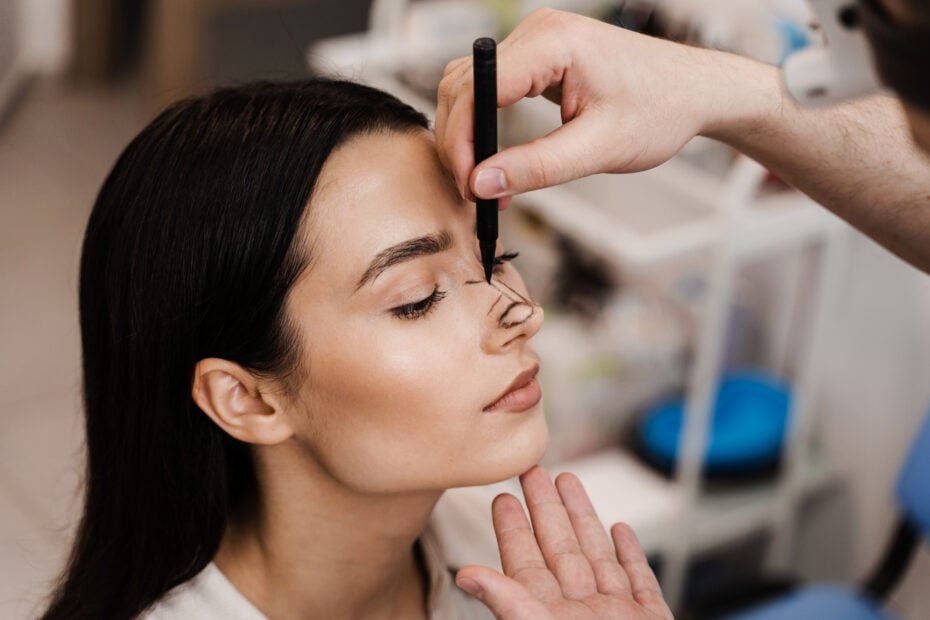



Leave a Reply